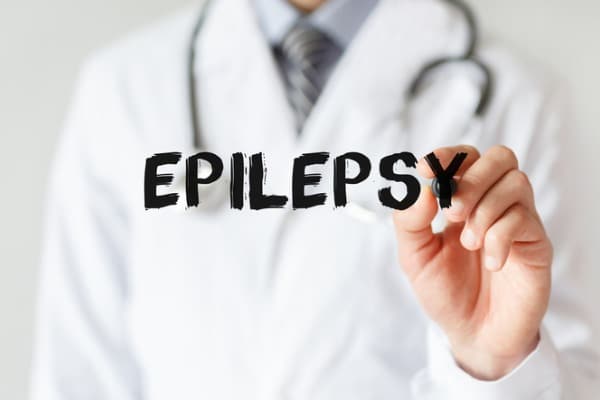It’s Epilepsy awareness month in the US – and we think it should be here too! Did you know new diagnosis of Epilepsy is not only most prevalent in children, but also the over 60s?
What is Epilepsy?
According to the NHS:
- Epilepsy is a common condition that affects the brain and causes frequent seizures
- Seizures are bursts of electrical activity in the brain that temporarily affect how it works. They can cause a wide range of symptoms
- It is often lifelong, but can sometimes slowly get better over time
Epilepsy is usually diagnosed after 2 or more seizures, and although seizures are an identifier for epilepsy, not all seizures are because of epilepsy. Epilepsy is often controlled effectively with anti-epilepsy drugs, but the right balance can take a while to get right.
How many people does it affect?
Epilepsy effects over half a million people within the UK. That is roughly 1 in every 500 people.
I don’t know about epilepsy..
It’s best to be honest if we don’t understand a condition, but it is really important to take the fear and lack of understanding away by learning to support staff, people who use services and their families effectively.
The first time I saw a seizure
As a child in the early 80s, I remember two occasions where I saw seizures.
The first was on a winter morning. I saw a man convulsing on the floor in the snow. I was scared, as I thought the person might be dangerous as I had never seen this before.
The second was a family friend who was travelling in the passenger seat of the car. They had reached for the door as if to get out repeatedly in a vacant state when it was moving.
What I learnt
As I got older, I understood that both were Epilepsy. Epilepsy is not just one condition, but many, with the common theme of seizures starting in the brain. Those seizures can look very different person to person, and the state of consciousness also differs.
Some signs and symptoms can be:
- Uncontrollable jerking and shaking, called a ‘fit’
- Losing awareness and staring blankly into space
- Becoming stiff
- Strange sensations, such as a ‘rising’ feeling in the tummy, unusual smells or tastes, and a tingling feeling in your arms or legs
- Collapsing
- Passing out with no memory of what has happened
How can I support people?
As a provider, you must have the training and policies in place to accommodate people using the service. Generally, it is important to:
- Keep people safe during a seizure. Do you know Calm, Cushion, Call?
- Calling for medical help, or give first aid or emergency medication (where instructed)
- Stay with the person or seeing them home safely after a seizure
- Noting any pattern or trigger to their seizures, which may help if they don’t recall their seizures
- If it is in their care plan, helping with their routine of taking anti-epileptic drugs (AEDs)
- Providing descriptions of seizures to the person with epilepsy and/or their doctor
More information can be found at:






